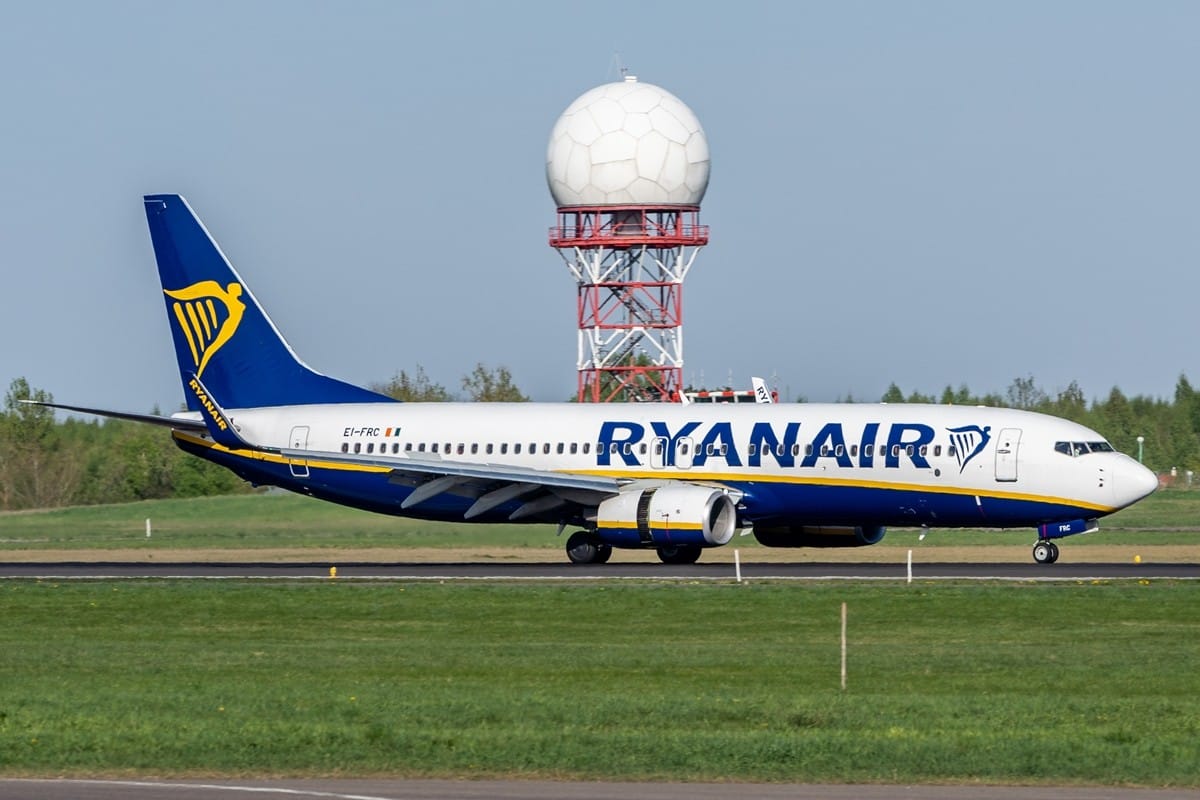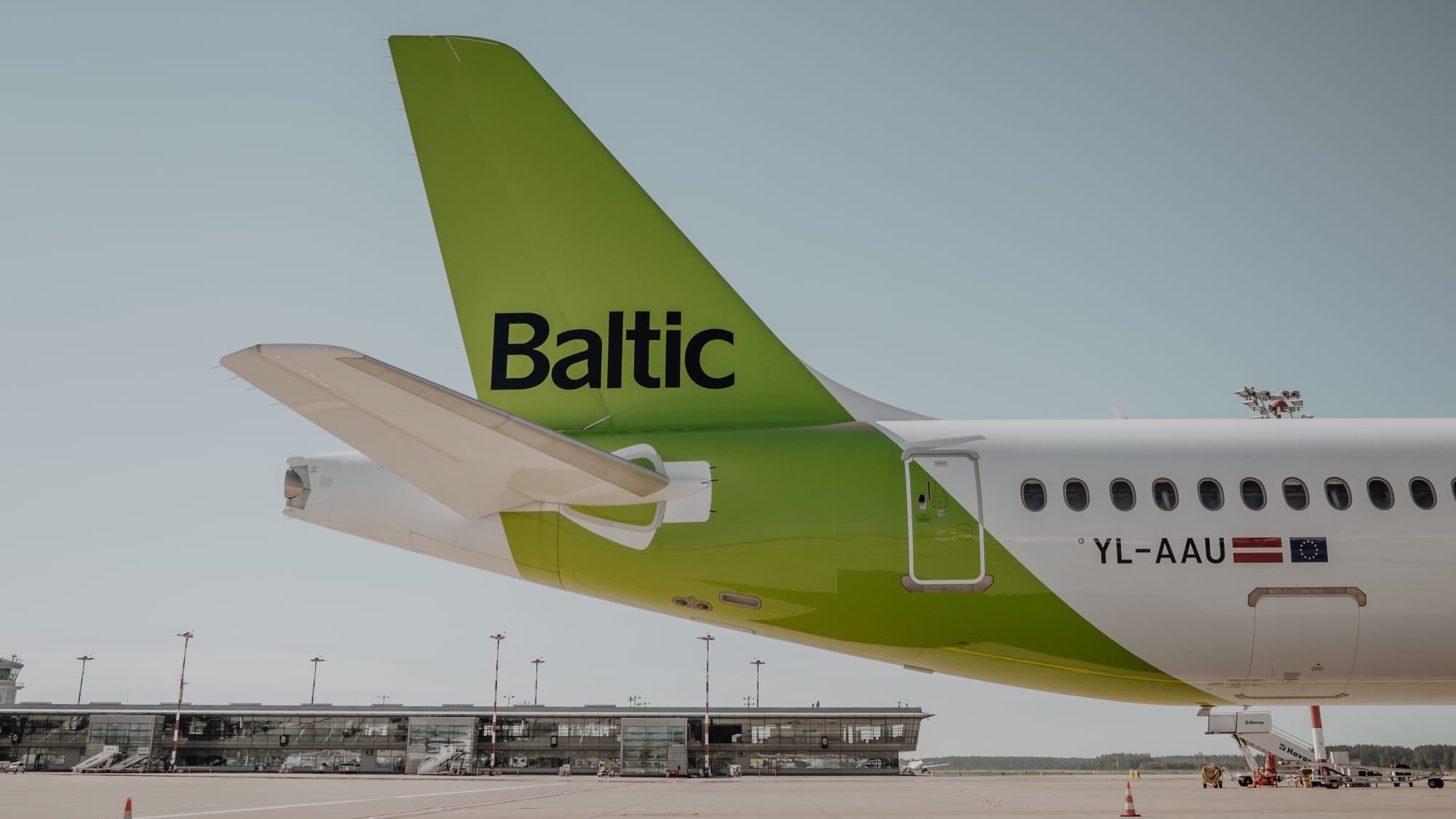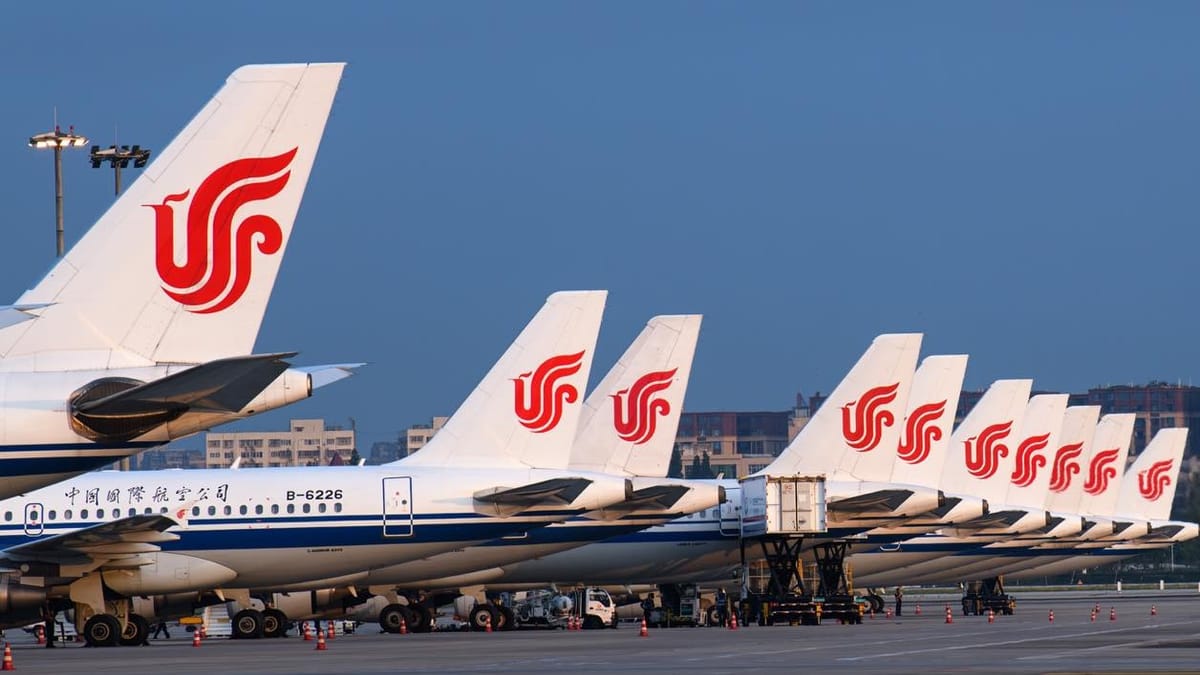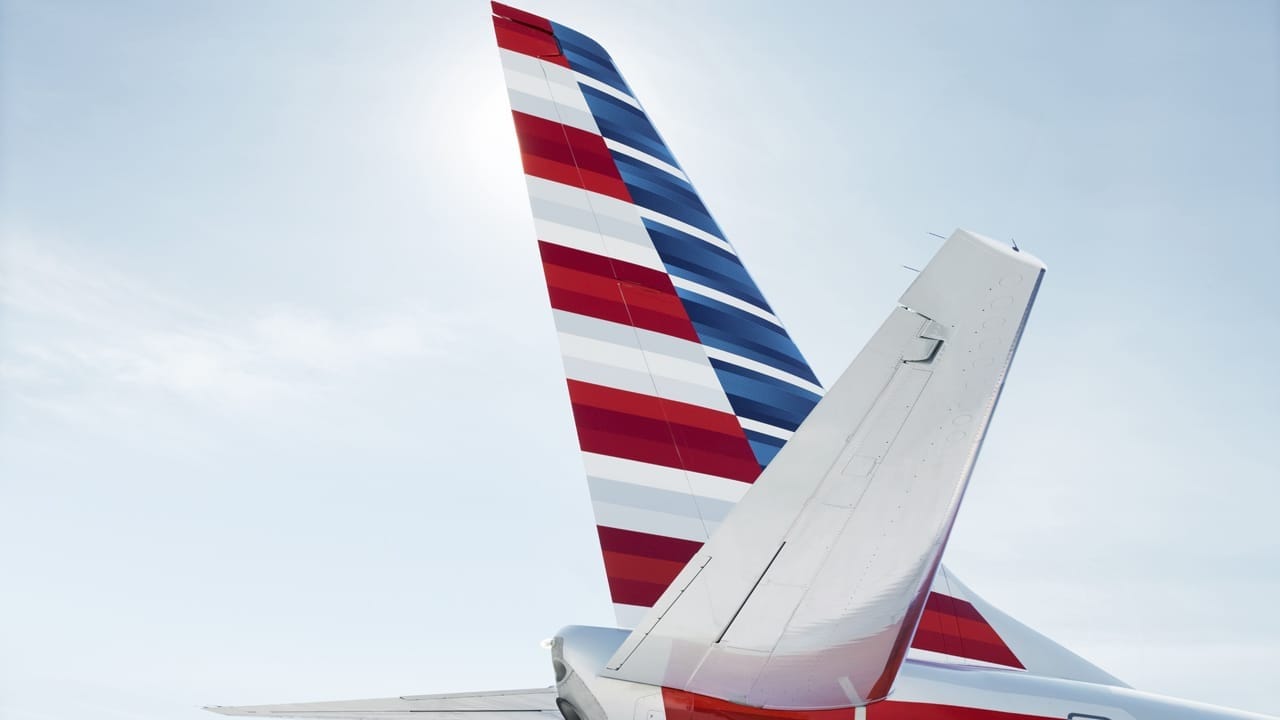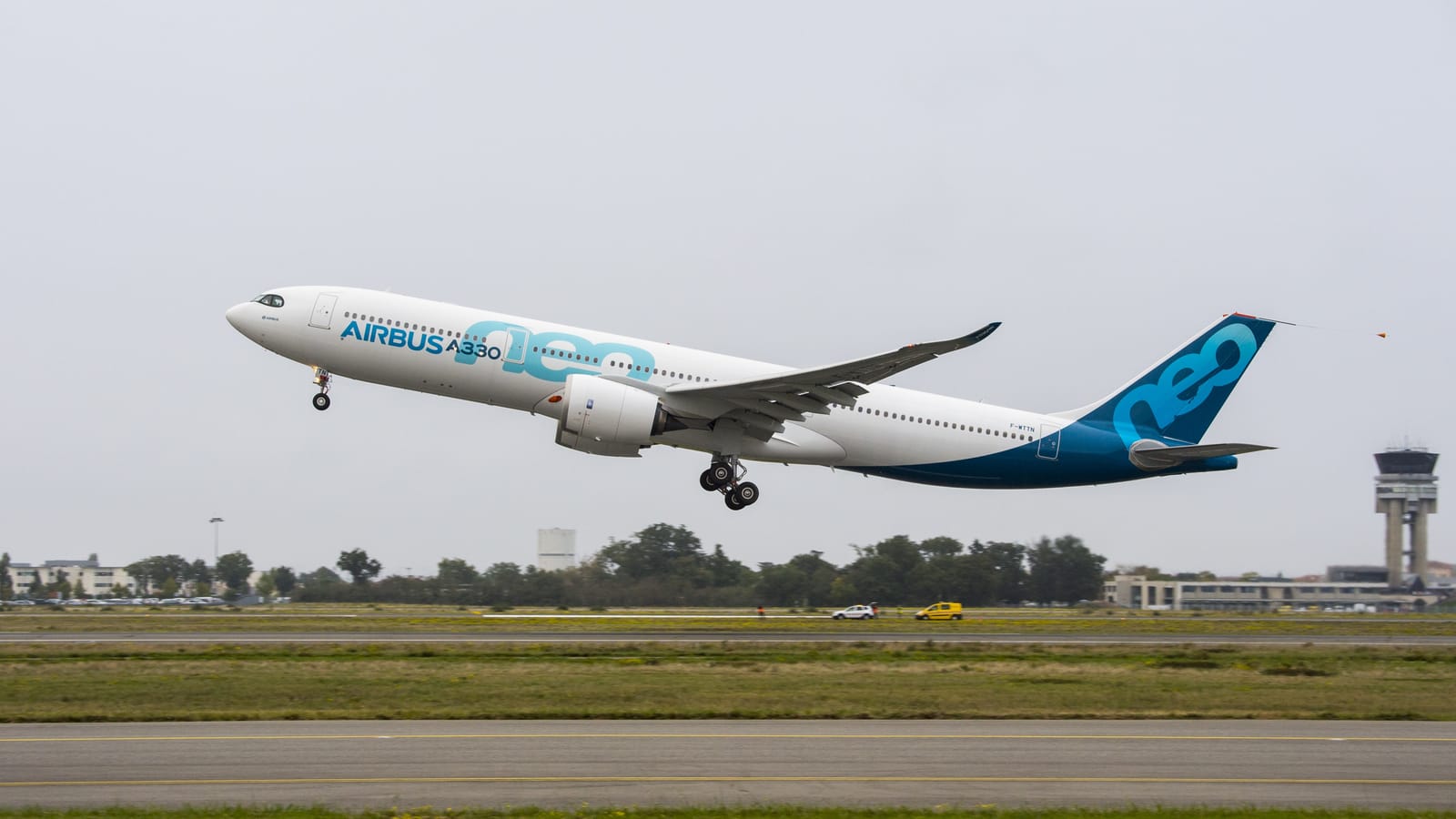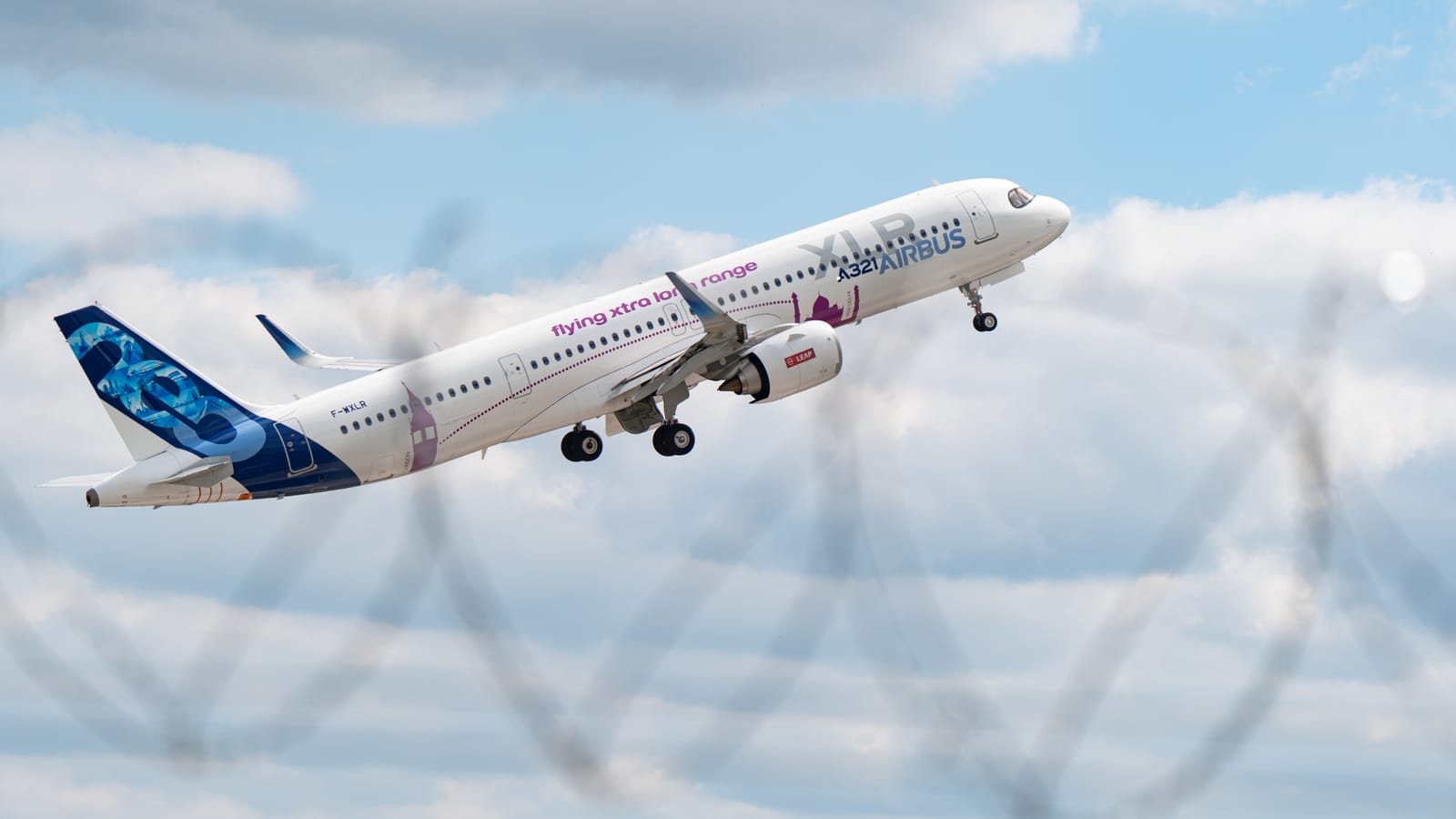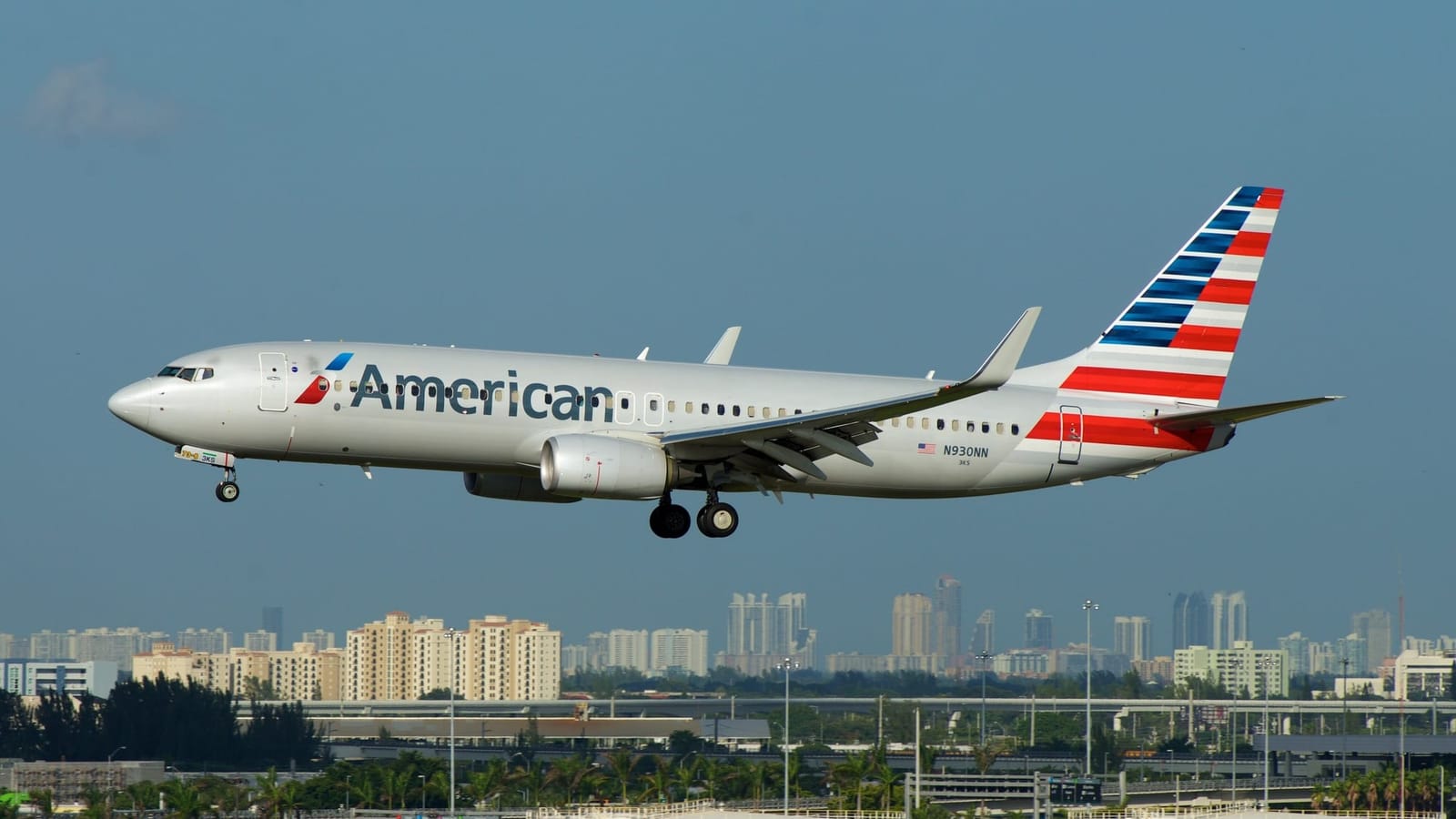airBaltic has issued a statement, boasting about its growth plan at Riga Airport (RIX), just shortly after Ryanair ended its ‘Airport Charges Are Too High’ tour across the Baltic States, which also included Tallinn Airport (TLL) and Vilnius Airport (VNO).
On October 9, 2025, airBaltic said that it is preparing for the upcoming summer 2026 season, further strengthening its leading position in the Baltic States.
While it did not directly identify Ryanair, it did say that “while some competitors are scaling back their presence in the region, airBaltic continues to expand its network and strengthen essential connectivity from Riga and beyond.”
Mantas Vrubliauskas, the Vice President of Network Management of airBaltic, reiterated that the airline “remains a dependable and forward-looking choice for travelers from Riga and the Baltics.”
“At a time when other carriers are scaling back, we are moving in the opposite direction and strengthening our presence in the region.”
Vrubliauskas added that the carrier is growing its network and ensuring that “essential connectivity remains in the hands of a reliable national airline.”
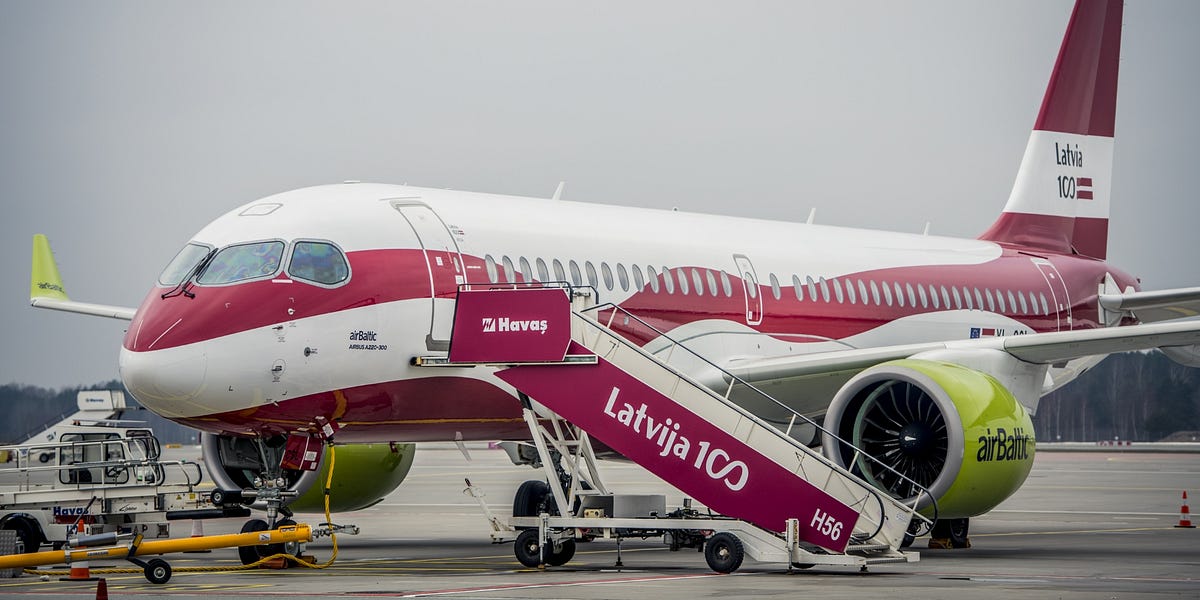
airBaltic’s statement coincided with Ryanair holding a press conference at RIX, the Latvian carrier’s home hub. The Irish low-cost carrier shared its grievances that rising access costs, which have made RIX less competitive as traffic remains at pre-COVID levels, forced it to cut seven international routes.
The axed routes are displayed below.
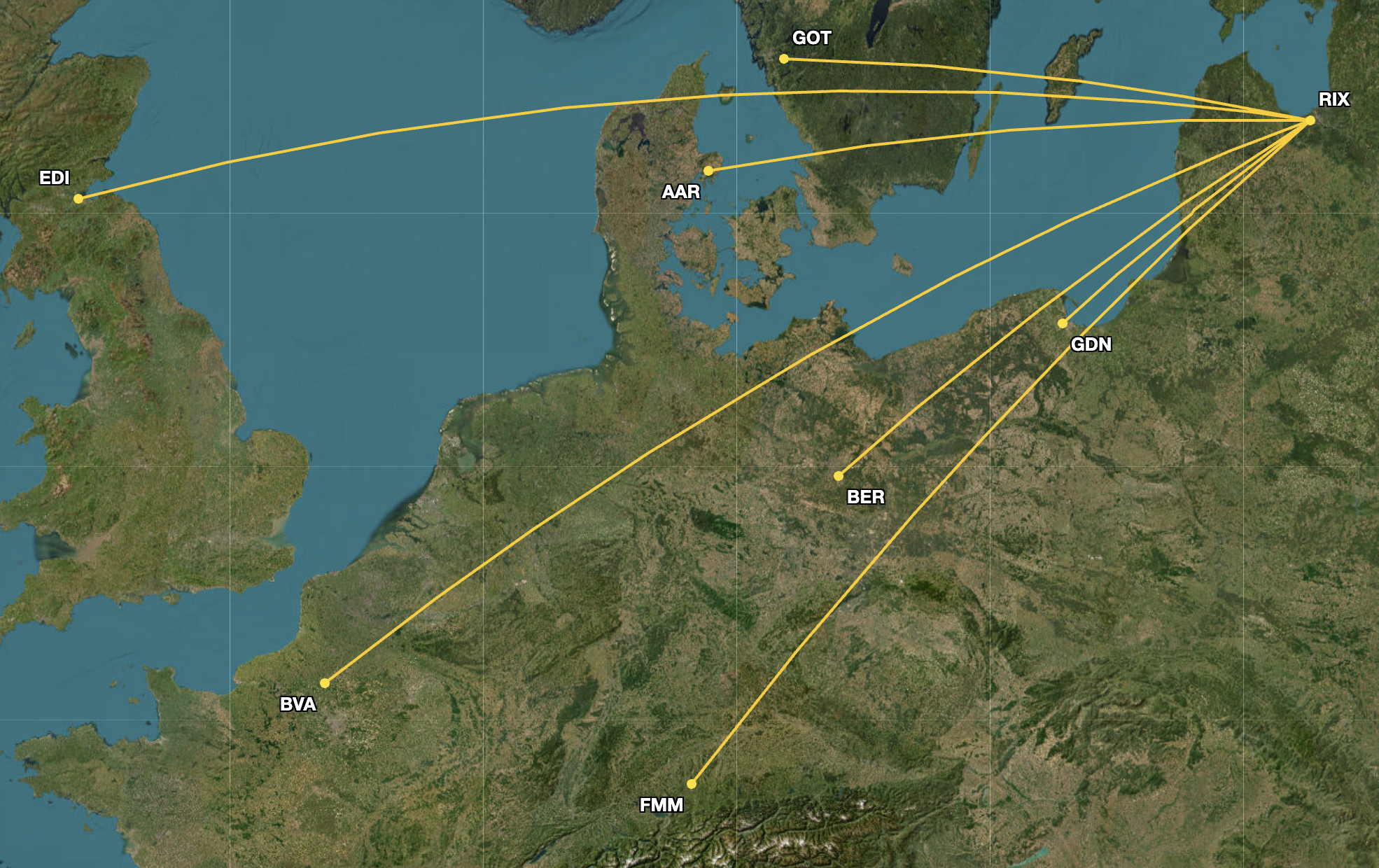
“Since Ryanair opened its Riga base in Nov ‘21, access costs have risen, while competitor countries such as Italy, Hungary, Poland, and Albania are abolishing aviation taxes and reducing airport charges to drive traffic and tourism growth.”
However, much like at VNO and TLL, airport charges at RIX have not risen in 2025. The airport’s new charges went into effect in April 2024, affecting fees for departing passengers (up €0.29 or $0.34), per passenger security fees (up €0.55 or $0.64), per passenger security transit fees (up €0.50 or $0.58), and take-off and landing fees per 1,000 kilograms (2,204 pounds) of maximum takeoff weight (MTOW), which grew by €1.34 ($1.56).
In a statement, RIX explained that in the Baltic States, each winter season brings lower traffic, forcing airlines to adjust their route networks and offer flights where there is a higher number of passengers, resulting in them abandoning less profitable destinations.
As such, the airport made the decision to freeze its charges “for an indefinite period,” and developed a new incentive policy – coming online in 2026 – that will be presented next week.
“Already in the summer, [...] Ryanair informed Riga Airport about the reduction in the number of destinations in the upcoming winter season.”
At the same time, RIX’s charge hike is estimated to be less than €1 ($1.16) per passenger, and the remaining part of the airport’s access cost growth, which Ryanair pointed out in its press release, was “not related to Riga Airport,” it concluded.
On October 8, Ryanair issued nearly identical statements about rising costs at TLL and VNO. Both airports’ executives pushed back on the low-cost carrier’s claims, with Eero Pärgmäe, the Chief Operating Officer (COO) of TLL, telling Estonian Public Broadcasting (Eesti Rahvusringhääling, ERR) that the Irish low-cost carrier’s claim that airport costs are growing by 70% is not correct, questioning what the airline’s calculations were based on.

Simonas Bartkus, the Chief Executive Officer (CEO) of Lithuanian Airports (LTOU), said in a statement to Lietuvos nacionalinis radijas ir televizija (Lithuanian National Radio and Television, LRT) that LTOU, which manages VNO, as well as the other two Lithuanian commercial airports, has promised not to raise its fees until at least the end of 2026.
Bartkus noted that Ryanair’s stunt was typical of what the low-cost carrier has done elsewhere throughout Europe.
